”The concept of the Nordic—as both a material and a phantasmatic construction—revolves perhaps primarily around bordering practices and border-crossings. It is a way of organizing space and determining who ”belongs” and who does not, who will have access and who is excluded, and who may be allowed in but will always be treated as a ”stranger”, and this can often mean the difference between life and death, crucial for how the lives lived here (or denied the chance to live here) will unfold, and what traces they will leave for future generations.”
nefk2025 | Nordic Ethnology and Folklore Conference
Speakers
Keynote speakers
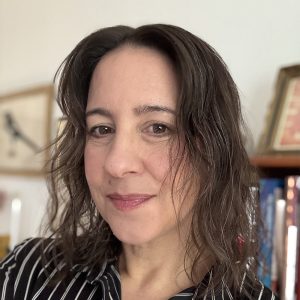
Jenny Gunnarsson-Payne
Södertörn
Read bio
Jenny Gunnarsson Payne holds the Baltic Sea Professorship in Ethnology at Södertörn University. Her research focuses mainly on cultural and political aspects of gender, reproduction, sexuality, and kinship. She currently leads the projects ”Navigating Anti-LGBTQ Politics and Homonationalism,” which explores precarity and social support structures among queer migrants, and ”Unexpected Genealogies?” which investigates kinship, identity, and memory in contemporary genealogy, drawing on, among other things a qualitative questionnaire in collaboration with Nordiska museet (‘the Nordic Museum’).
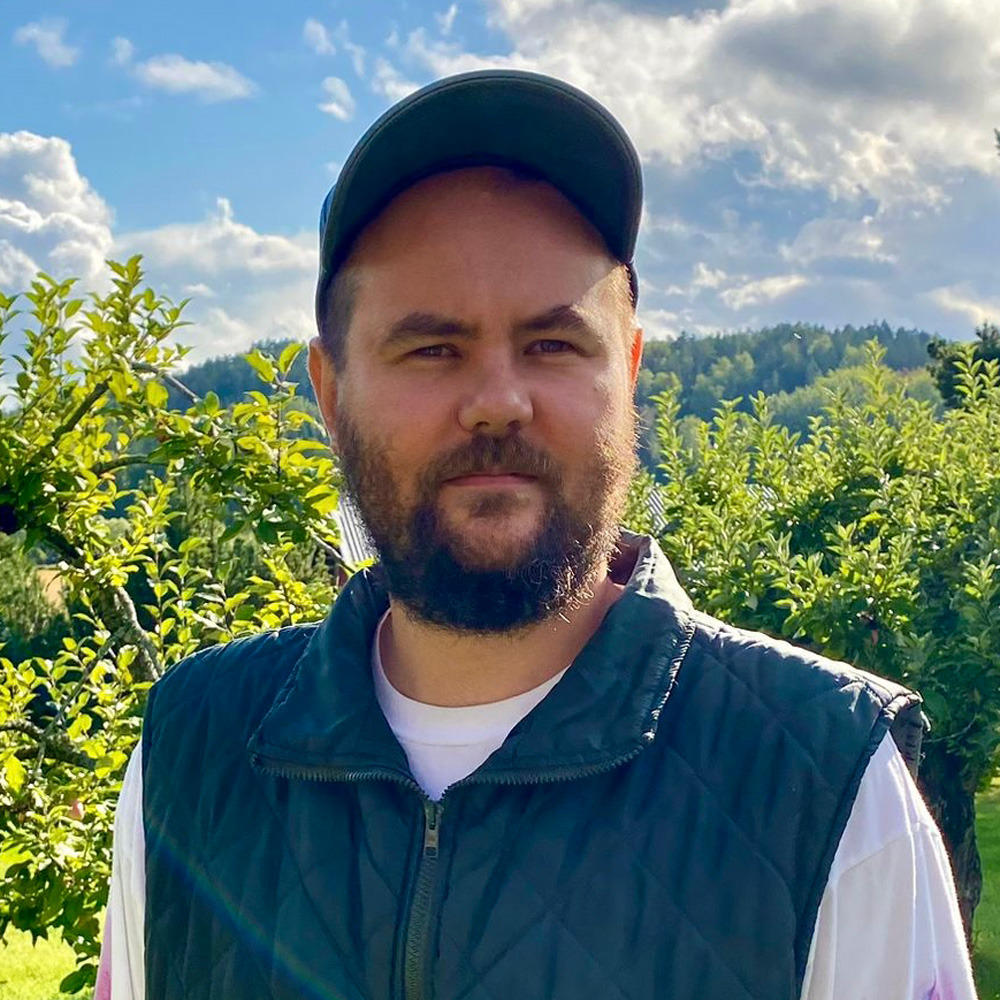
Antti Lindfors
University of Helsinki
Read bio
”As the Nordic region undergoes rapid socio-cultural and technological shifts alongside global challenges, responses range from reactionary to cautiously hopeful. To me, ’Nordic 2.0’ urges us to reexamine traditional practices – whether scholarly or non-academic – through contemporary lenses, challenging us to expand our assumptions of nordicity in a conflicted world.”
Antti Lindfors, PhD, is a postdoctoral researcher at the University of Helsinki, Department of Cultures. Situated at the borderlands between folklore/cultural studies and linguistic anthropology, his research spans a range of topics, from stand-up comedy to cold exposure and the scientific reframing of alternative medicine within the emerging framework of ’biohacking.’ His most recent work focuses on therapeutic polarization and the contemporary onto-politics of contested/functional disorders.
Panelists
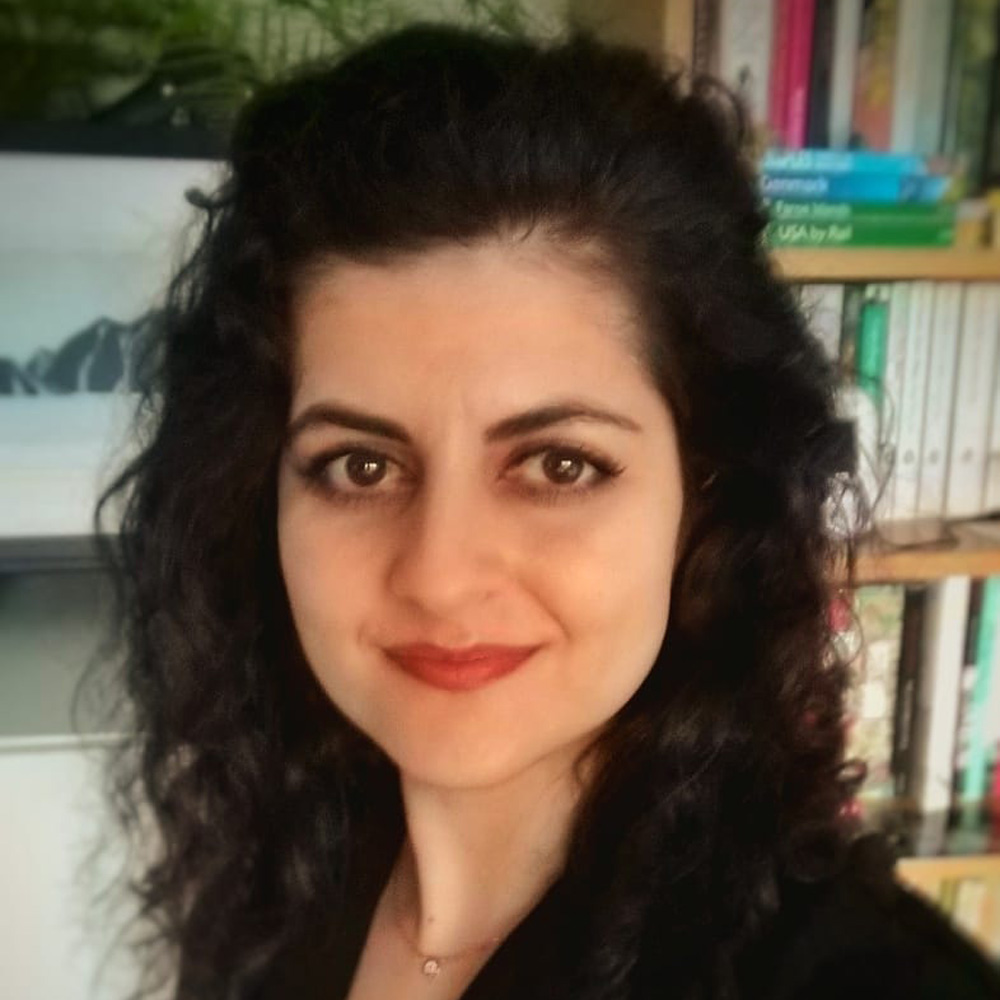
Tina Paphitis
University of Bergen
Read bio
”The Nordic region has – to both its benefit and detriment – cultivated a strong imaginary to those within and outside of it, through its social, political and economic models, popular culture, and, not least, its folklores. It is crucial to critically examine these imaginaries so we might better interrogate the everyday and the extraordinary, and how our work can meaningfully contribute to social and environmental challenges.”
Tina Paphitis is Associate Professor in Cultural Studies, University of Bergen. She is a folklorist with main research interests in legends and landscapes of Britain and the Nordic region, and in environmental folklore and folkloristics. She is keen on the role folklore can play in celebrating diversity and addressing global challenges, and is an active member of Folklore Without Borders – a research network that aims to embed greater equality, diversity and inclusion within UK folklore.
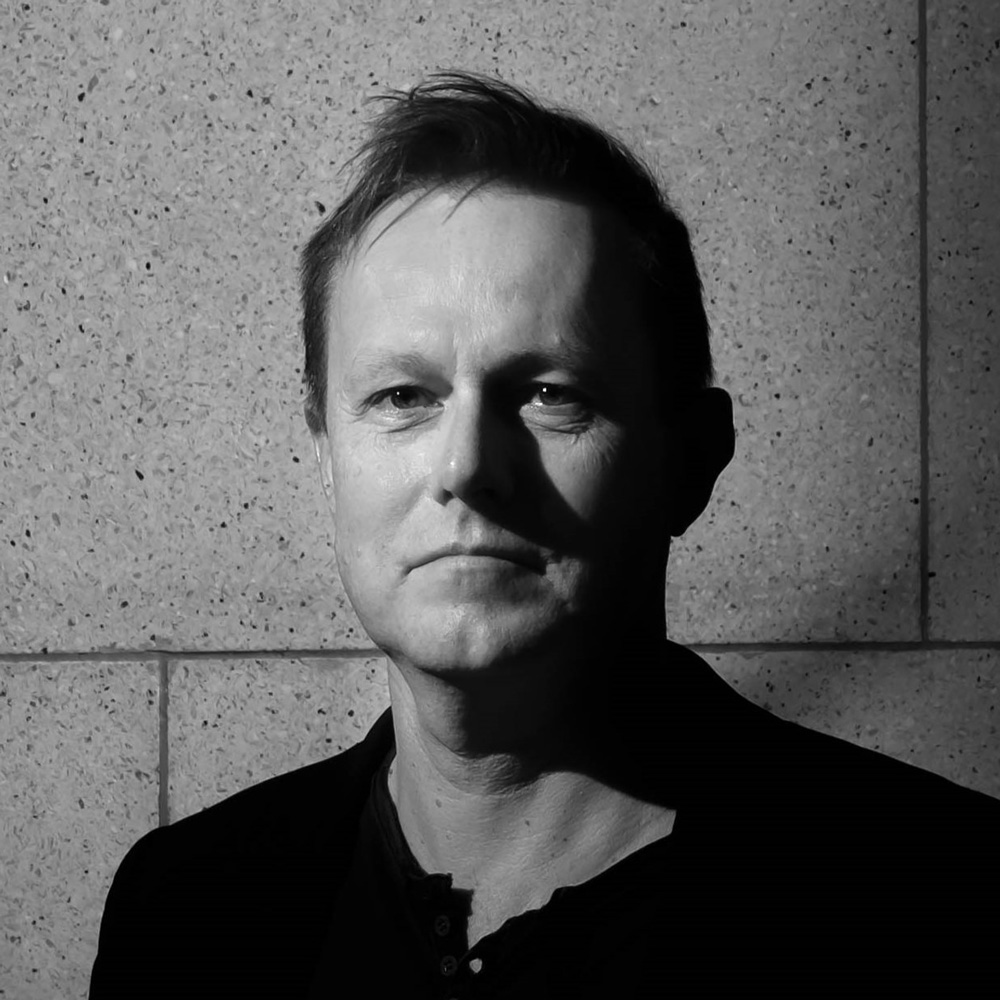
Ólafur Rastrick (Cancelled)
University of Iceland (Cancelled)
Read bio
”Facing the confrontations of our time, such as escalating mobility and migration by force and choice, ethnologists face the challenge of readdressing (yet again) the relationship between places and the diverse emotional attachments that people cultivate. In what way are predicaments in the Nordic region useful for exploratively engaging with people-place relations in terms of emplaced heritage and identity?”
Ólafur Rastrick is a cultural historian and professor of European Ethnology in the Faculty of Sociology, Anthropology and Folkloristics at the University of Iceland. His area of research touches upon issues of heritage, cultural politics, popular culture, subcultures, embodiment, and emplacement. Currently, he is engaged in research applying sensory ethnographical methods in the historic urban landscape, exploring people’s affective relations to place in terms of everyday heritage and place attachment.
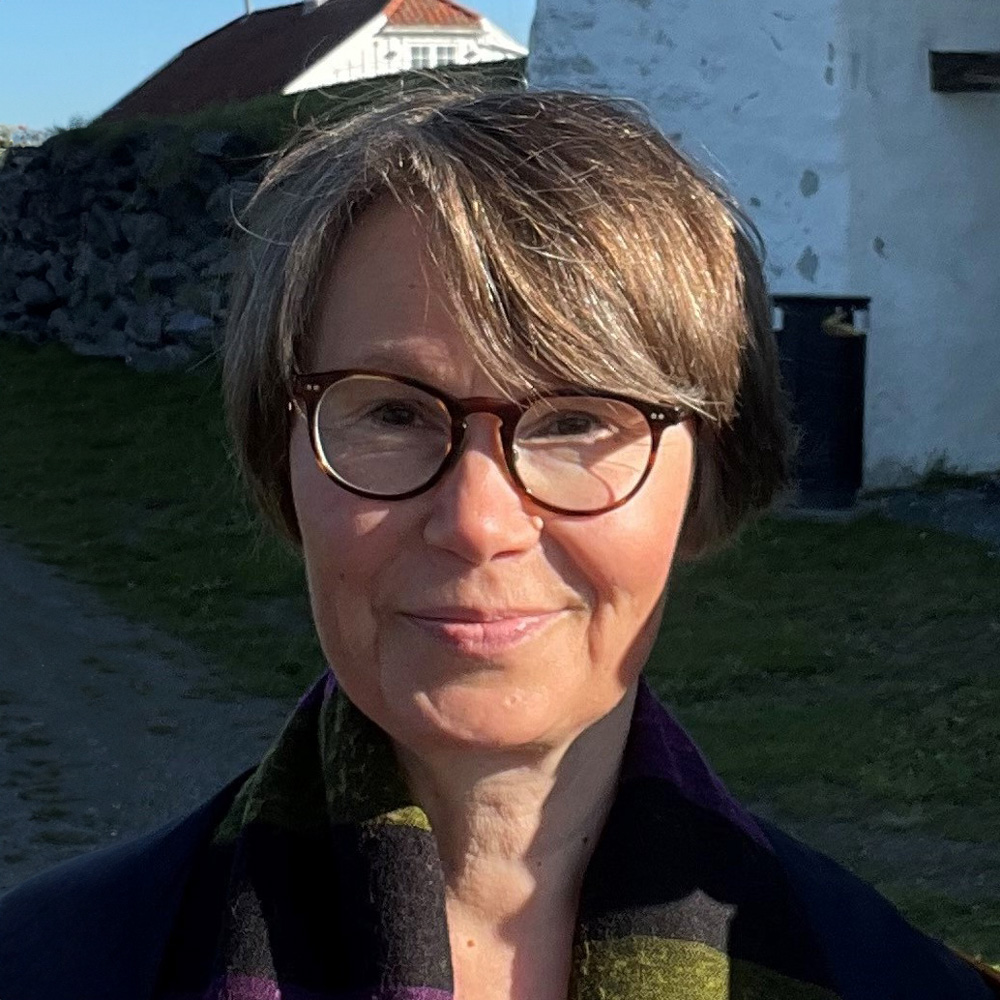
Minna Sarantola-Weiss
Helsinki City Museum
Read bio
”The Nordic is to a great extent a theoretical framework that melts into air when you look at it too closely. But, the Nordic is also something very real, a state of mind – a mentality that is difficult to define, but you always recognize another northerner when you meet one.”
Dr. Minna Sarantola-Weiss is Head of Research at Helsinki City Museum. Her interests include collections development and contemporary collecting. She is also Adjunct Professor (docent) in Cultural History at University of Helsinki. Her research interest includes design and cultural history with emphasis on 20th century, and her recent book on the cultural history of the 1980’s Me halusimme kaiken. 1980-luvun historiaa (Siltala Kustannus 2022) was granted the state award for information publication (The Ministry of Education and culture in Finland).
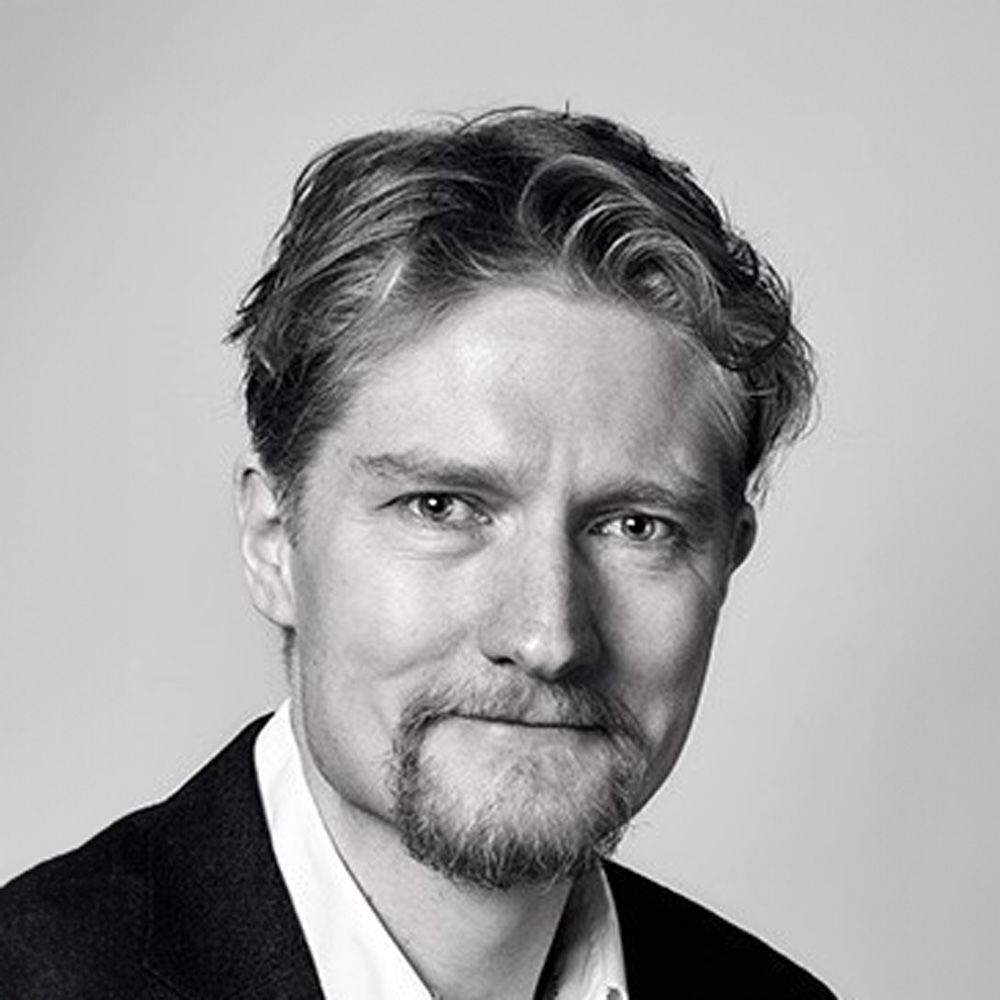
Mark Vacher
University of Copenhagen
Read bio
“I don’t know you, but I trust you!
From allemansrätten to urban nightlife, the Nordic public displays the assumption that strangers will share space with, respect, and give way to people they don’t know.
Unfortunately, this precious phenomenon is also privileged and precarious – especially in times of echo-chambers, surveillance, and increasing social inequality.
Is there a way to protect and promote a Nordic public based on trust? In my opinion, ethnological methodology and cultural analysis can be steps towards providing a positive answer.”
Mark Vacher is an associate professor at the SAXO Institute, dept. of Ethnology, Copenhagen University, where he is responsible for the international Master of Applied Cultural Analysis program (MACA). Through his development of the MACA program, he is collaborating with broad range of Danish and international companies. Since 2019, he has headed the HumanImpact project at Copenhagen University aiming at developing the collaboration between universities, researchers, and Danish companies.
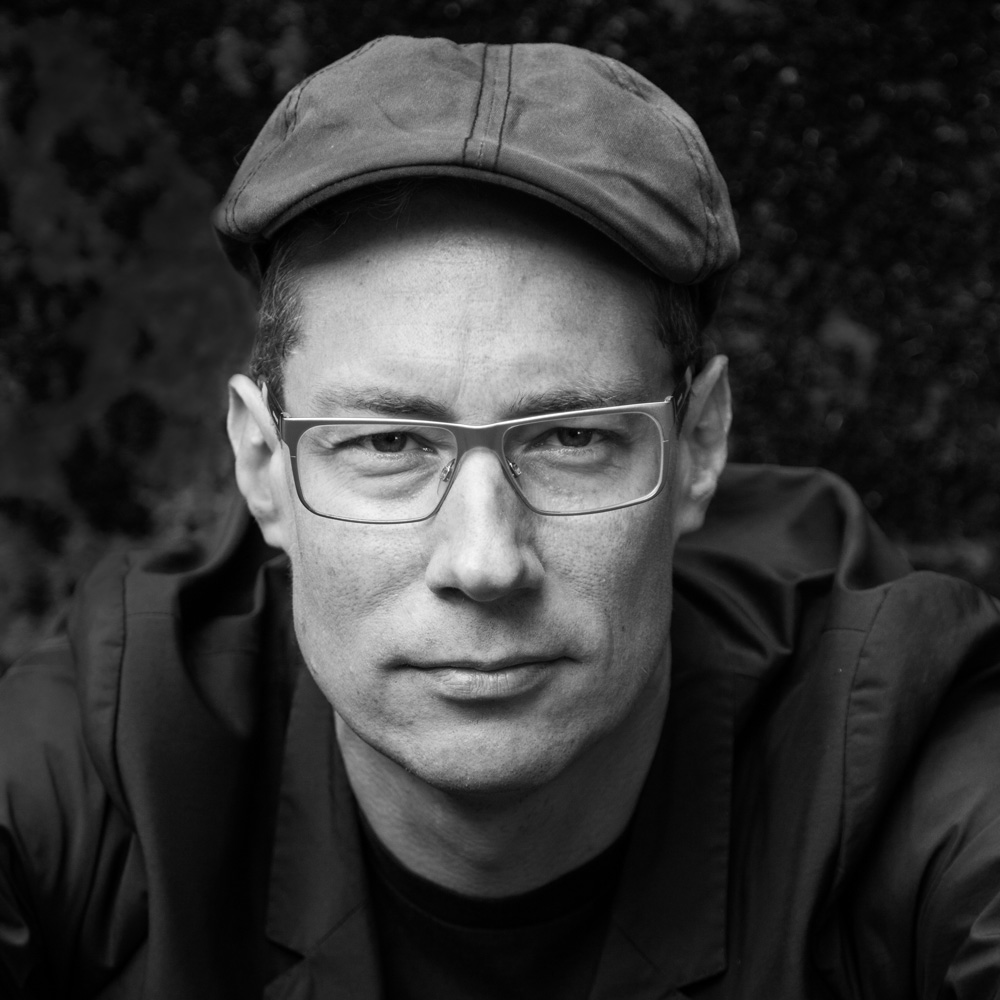
Robert Willim
Lund University
Read bio
”We are in the midst of yet another pivotal technological shift. Again. Now it is AI and a range of digital technologies that are gradually becoming integrated into our lives. The process moves from hype and heated debates to becoming woven into the mostly invisible fabric of daily routines, thought patterns, and practices. To understand this, we need not only new knowledge but also new ways of imagining how we live with technology.”
Robert Willim is an Associate Professor of Ethnology and a Senior Lecturer in Digital Cultures at Lund University. He is also active as an artist. This positions his work at the intersection of art and cultural analytical research. He has extended his research through electronic music, video essays, and installations. In recent years, he has used the concept of Mundania to explore and illustrate how emerging technologies intertwine with people’s everyday lives and imaginations.
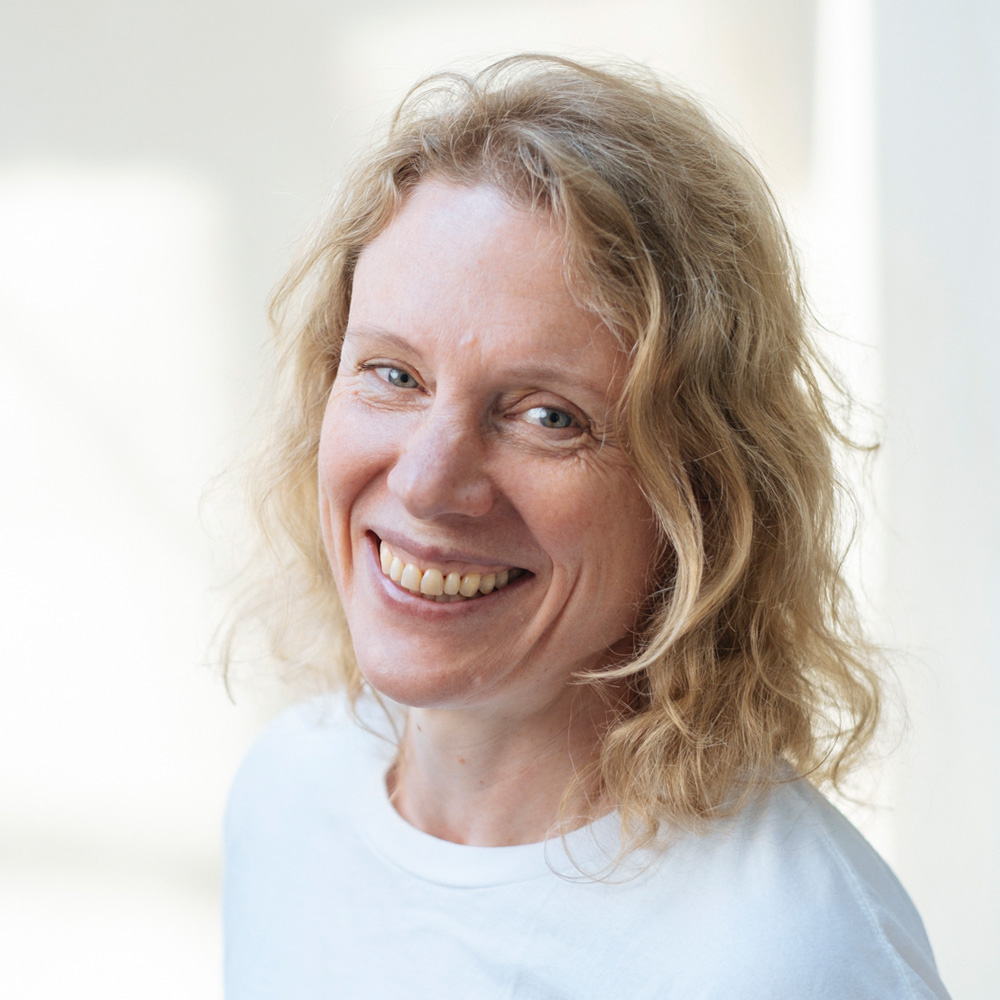
Susanne Österlund-Pötzsch
SLS
Read bio
”Ethnology and folkloristics challenge boundaries and study contemporary society from micro to macro perspectives with a keen historical awareness—an ideal foundation for looking forward and exploring Norden 2.0!”
Susanne Österlund-Pötzsch is an Adjunct Professor [Title of Docent] in Nordic Folkloristics at Åbo Akademi University and an archivist at the Language and Tradition Collection at the Society of Swedish Literature in Finland. Mobility, especially everyday movement patterns such as walking, has long been a favourite theme for her research and publications. International collaboration, not least Nordic, is an integral part of ethnology and folkloristics and something close to her heart.
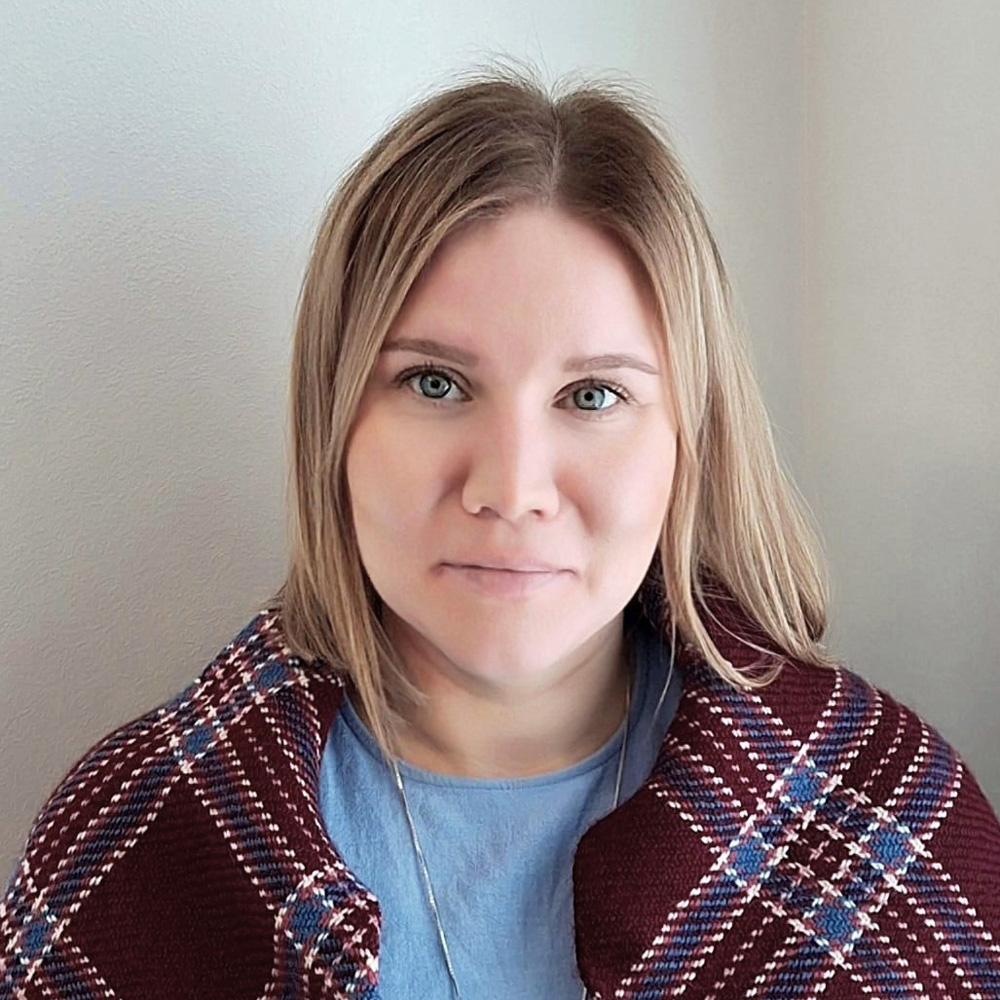
Anni Guttorm
Sámi Museum Siida
Read bio
”The repatriation of Sámi collections to Sápmi reflects a shift in the relationship between the Sámi people and the museum world, as well as in the balance of power. Repatriation processes highlight the need of redefining cultural narratives and the role of institutions in promoting more inclusive, self-determined representations of heritage and identity in the Nordic and global contexts.”
Anni Guttorm is the chief curator of the Sámi Museum Siida, where she oversees the management of the museum’s Sámi collections. Her work focuses on the ongoing repatriation processes. Guttorm has been working in the Sámi Museum since 2015.
Guttorm holds a Master of Philosophy in Sámi Culture studies from the Giellagas Institute at the University of Oulu. Her academic background and personal connection to Sámi culture inform her curatorial work. She is interested in community-driven work and issues related to the management of Sámi cultural heritage.
